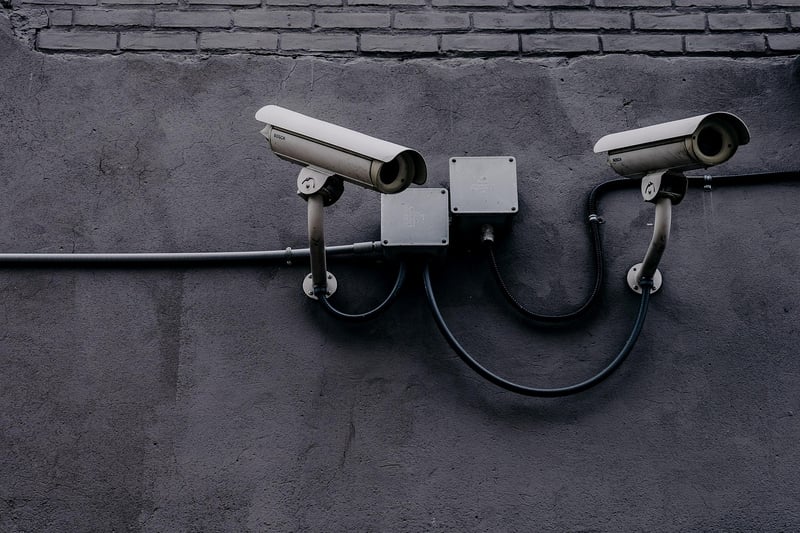Safety Measures
Essential Safety Measures for Your Home
Ensuring the safety of your home is crucial for a peaceful and secure living environment. By implementing some basic safety measures, you can protect your loved ones and belongings from potential hazards. Here are some valuable tips to help you create a safer home:
1. Install Smoke Alarms
Smoke alarms are essential for early detection of fires. Make sure you have smoke alarms installed on every level of your home and near each sleeping area. Test them monthly and replace the batteries at least once a year.
2. Secure Your Doors and Windows
Keep your home secure by installing sturdy locks on all doors and windows. Consider adding deadbolts or smart locks for additional security. Remember to lock up whenever you leave the house, even if it's just for a short time.
3. Create an Emergency Plan
Prepare an emergency plan with your family that includes escape routes in case of a fire or other emergencies. Practice the plan regularly so that everyone knows what to do in a crisis.
4. Store Hazardous Materials Safely
Keep hazardous materials like cleaning products, chemicals, and sharp objects out of reach of children and pets. Store them in locked cabinets or high shelves to prevent accidental poisoning or injuries.
5. Install Carbon Monoxide Detectors
Carbon monoxide is a silent killer that can be emitted by gas appliances. Install carbon monoxide detectors in your home, especially near sleeping areas, to alert you to dangerous levels of this odorless gas.
6. Maintain Electrical Safety
Avoid overloading electrical outlets and use surge protectors to prevent electrical fires. Check cords and plugs regularly for damage, and replace them if necessary. Hire a professional electrician for any electrical work in your home.
7. Keep Your Home Well-Lit
Proper lighting can help prevent accidents and deter intruders. Ensure your home is well-lit both inside and outside. Consider installing motion-sensor lights for added security.
8. Have a First Aid Kit Handy
Keep a well-stocked first aid kit in an easily accessible location in your home. Include items like bandages, antiseptic wipes, pain relievers, and emergency contact numbers. Be prepared for minor injuries and medical emergencies.
By following these safety measures and staying vigilant, you can create a safer home environment for you and your family. Remember that safety should always be a top priority!

For more safety tips and advice, visit CDC Home Safety Guide.
